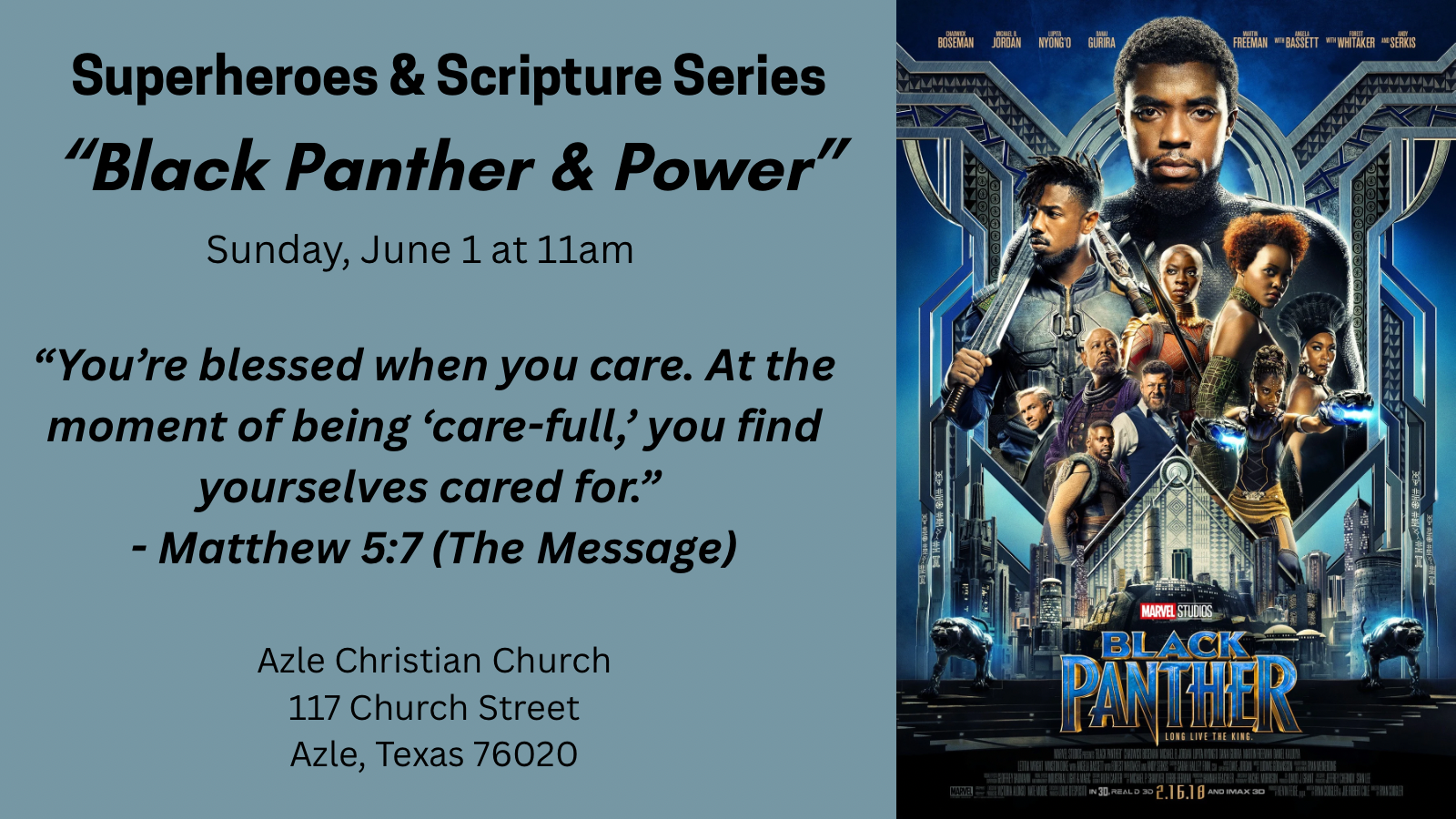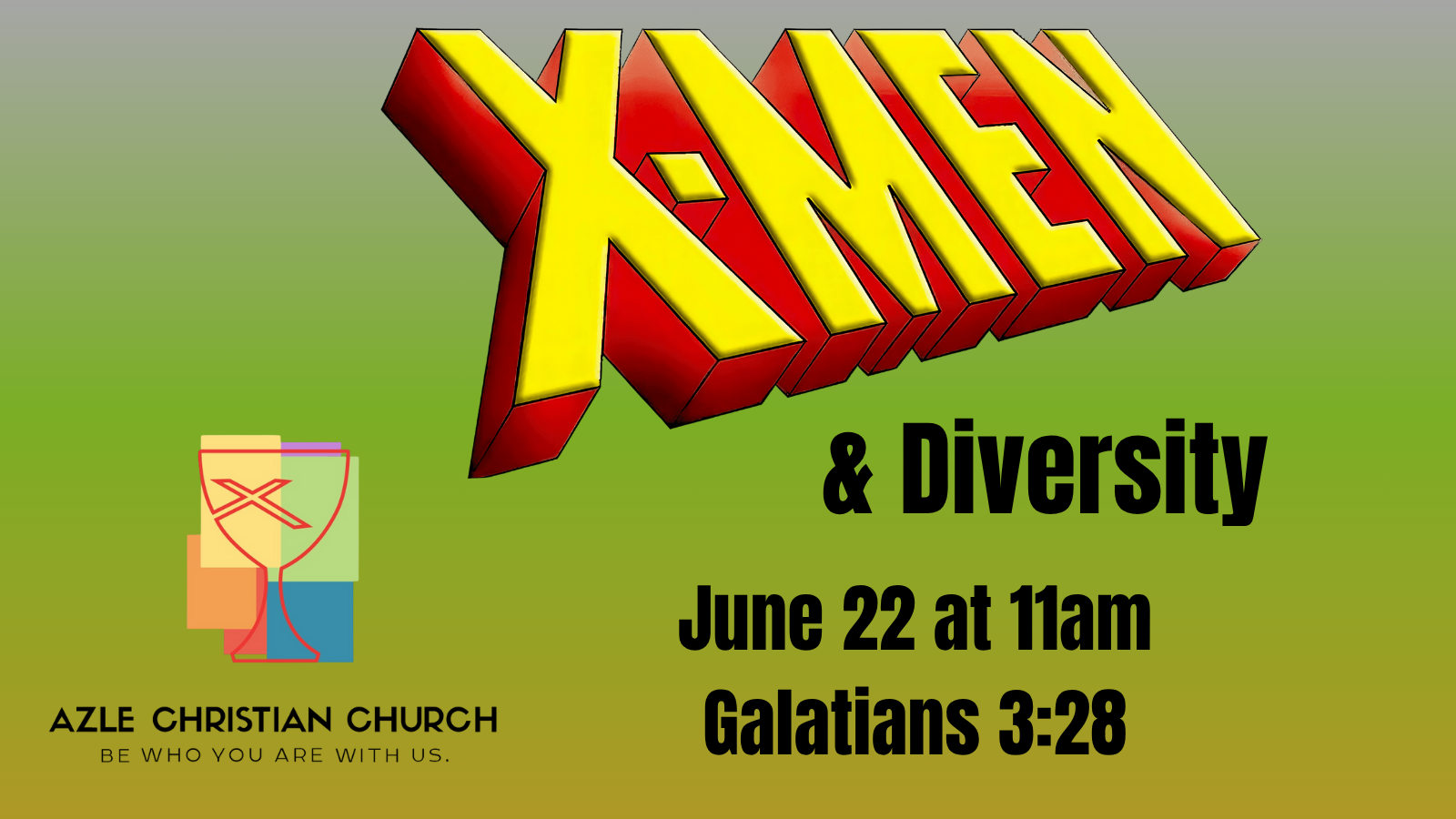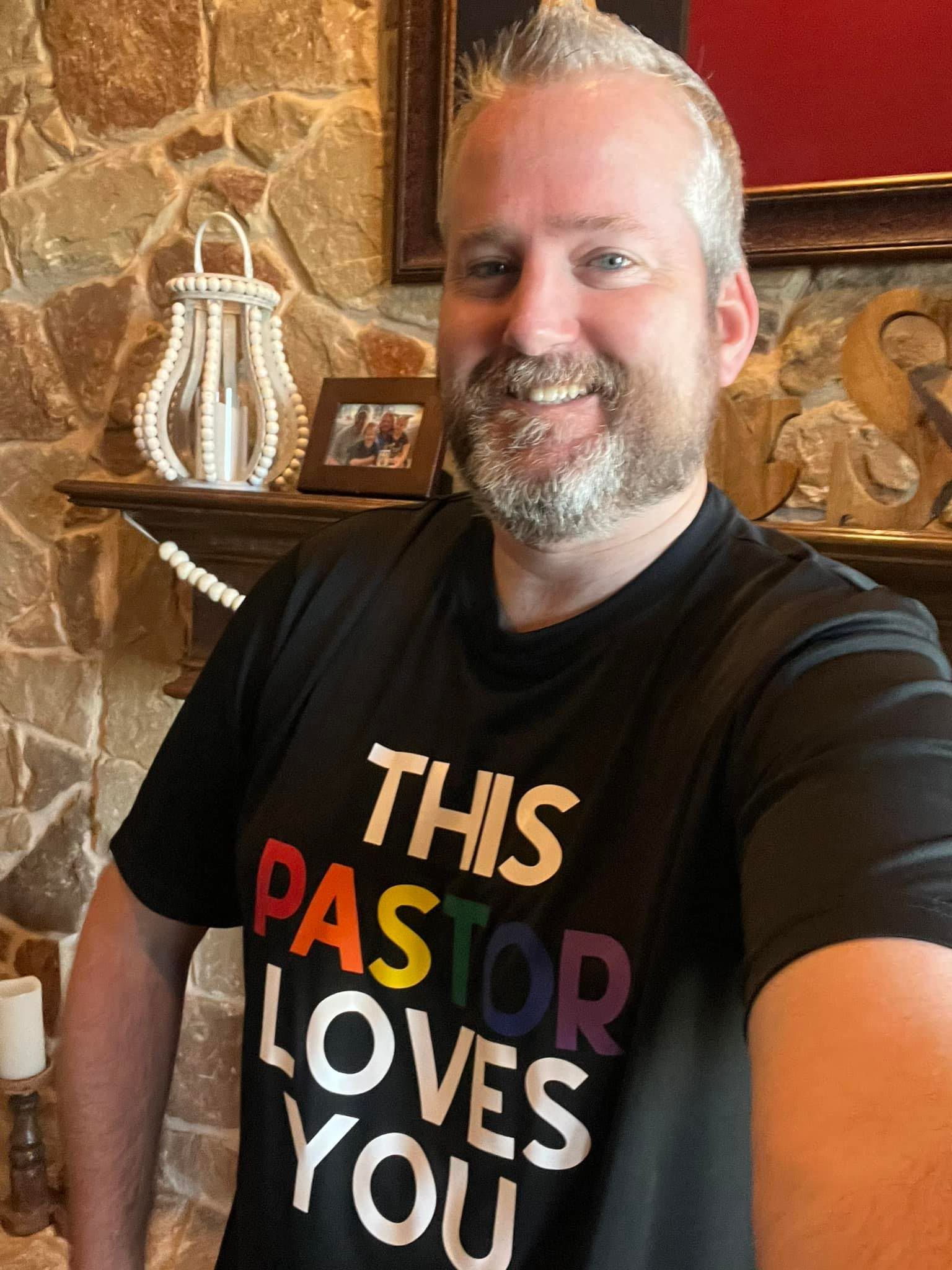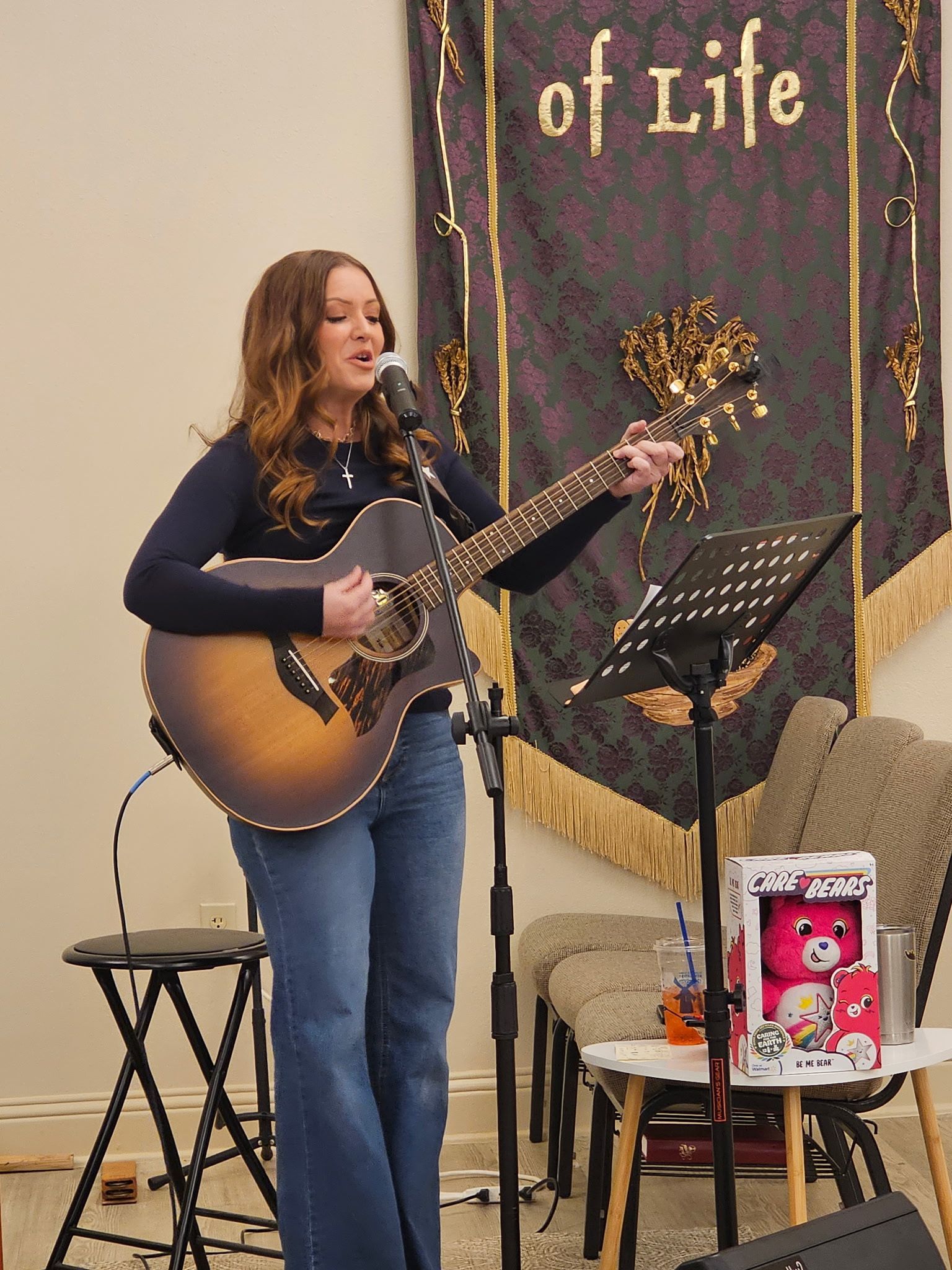Friends We Haven't Met Yet
Friends We Haven't Met Yet
by Rev. Russell Clark
6-11-25
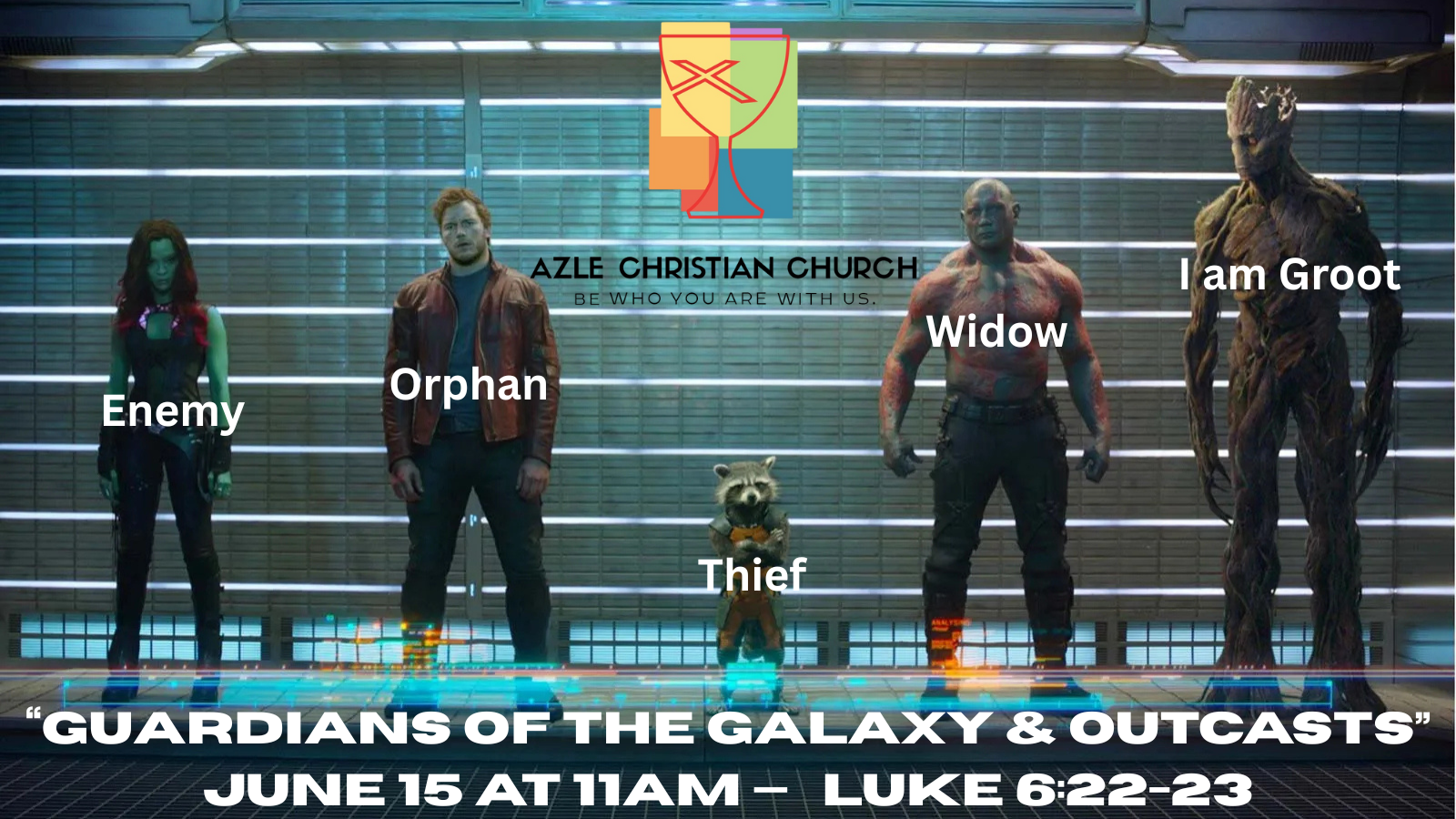
“It is fatally easy, and I mean fatally easy, to typecast “people like us” as basically good and “people like them” as basically evil. This is a danger we in our day should be aware of, after the disastrous attempts by some Western leaders to speak about an “axis of evil” and then go to war to obliterate it. We turn ourselves into angels and “the other lot” into demons; we “demonize” our opponents. This is a convenient tool for avoiding having to think, but it is disastrous for both our thinking and our behavior.” – Henri Nouwen
I’ve been thinking about this quote often for the past couple of months, especially as we’ve been exploring this Superheroes and Scripture Sermon Series. Is the biggest difference between our enemies and friends simply the fact that we’ve allowed ourselves to “think” – to get to know them and understand them and find common ground? We “demonize” someone who is “not like us.” It’s easy to classify someone as a villain when we don’t understand them.
In the Christian landscape in America, I’ve seen this acted out way too often lately. Modern Christian songs speak of “pulverizing our enemies” as an act of prayer or faith. Some preachers go so far as demonizing political opponents. The Christian Church (Disciples of Christ) has rejected Christian nationalism because it’s dangerous to think “we” are “God’s chosen people” and “they” are “enemies” or “demons” or “villains” to our faith. Anne Lamott says, “It’s safe to say we’ve made God in our own image when God hates the same people we do.”
Jesus took the forgotten, the despised, the rejected, the outcast – and calls them friends. This Sunday is Campfire Sing-Along Sunday. Campfires bring with it a sense of community, serenity, and belonging. Jesus would often have meals with tax collectors and sinners, with the rejected and despised. He would bring the outcast in. He would ask us to love our enemies. He would welcome the poor, the orphan, the widow. He would tell the thief on the cross that “today, you will be with me in paradise.”
May we welcome the outcast to our campfire. May we choose to think differently of those “not like us” and find they’re actually friends we haven’t met yet. I look forward to discussing this more with you on Sunday with “Guardians of the Galaxy and Outcasts.”
Blog

